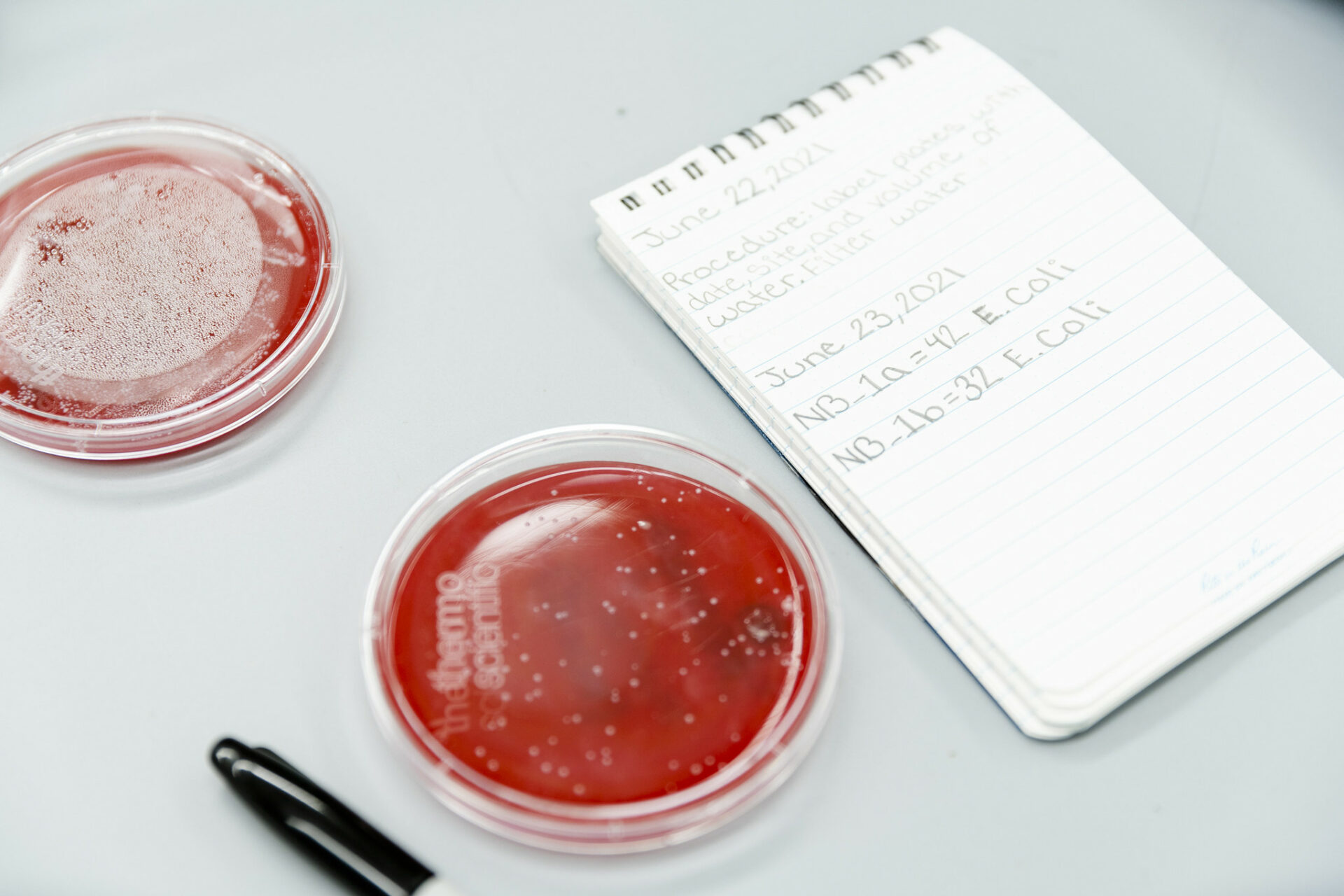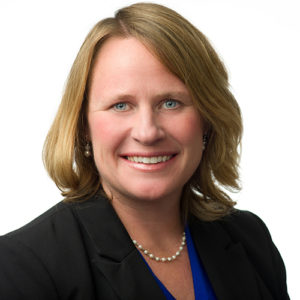Science for the sustainable use and conservation of the Great Lakes is at the heart of what we do, and it is part of our charge from Congress as one of 34 state-level Sea Grant programs nationwide. Wisconsin Sea Grant plays an important role in administering state, regional, and even national scale research projects. We administer grants, ensure compliance with all applicable regulations and track the progress of projects. Further, our communications staff shares information broadly about funded projects with a wide range of audiences—from professional communities of experts to the general public—so that audiences remain informed about important work. Outreach staff also share information with a wide variety of audiences. Current national priorities of the Sea Grant program are: healthy coastal ecosystems, sustainable fisheries and aquaculture, resilient communities and economies, and environmental literacy and workforce development. See below for details about grant opportunities.
Grant Opportunities
Biennial State Grants
On a two-year cycle, we solicit, receive and review proposals from scientists across Wisconsin. Competitively selected research proposals form the basis for a portfolio of research that helps fulfill the mission of Wisconsin Sea Grant and national Sea Grant program. At any given time, there are between 12 and 20 funded state research projects in progress. Researchers affiliated with any Wisconsin institution of higher education are welcomed to apply. Grant award amounts average $130,000 per year for each of two years beginning on February 1 of even numbered years. Requests for proposals are typically issued in the fall of even numbered years for the next two-year cycle.
Learn more about our FY2026-28 omnibus funding here.
National Sea Grant Program Current Funding Opportunities
The National Sea Grant Program periodically offers special funding opportunities for projects addressing strategic national or regional needs. In some cases, you must apply through Wisconsin Sea Grant with state program deadlines that differ from those of the National Sea Grant Program Office.
Additional state level detail for National Sea Grant Program Funding Opportunities
N/A
Get notified about requests for proposals (RFPs)
Want to be notified about future requests for proposals (RFPs) from Wisconsin Sea Grant? To SUBSCRIBE to our RFP email list, send an email to: rfp_aqua+subscribe@g-groups.wisc.edu. You do not need to add a subject or message to the email but will need to respond to an automated reply to your request confirming that you would like to join.



